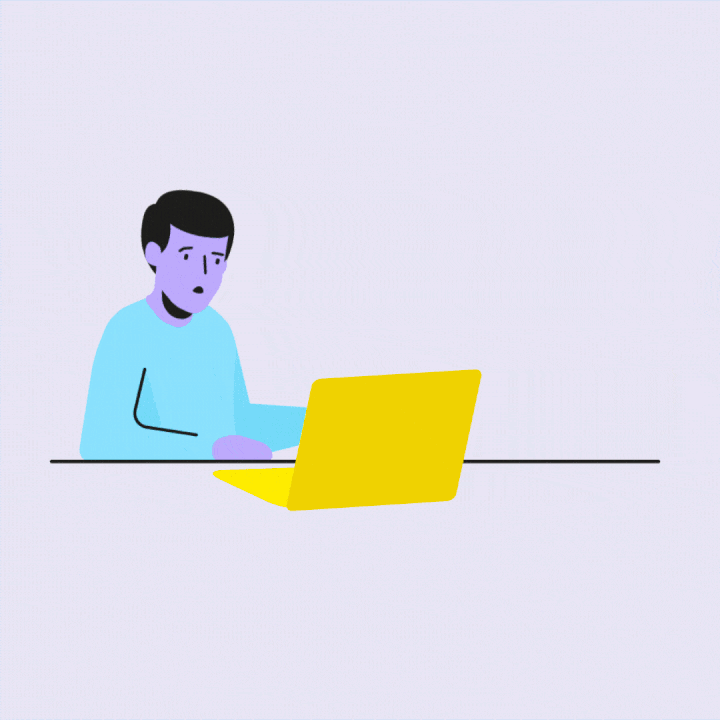
Make lying wrong again
We are all online more than ever before. One study showed global internet use jumped 40% in the early COVID lockdowns. Doing more online might be convenient, but it also hides risks. False information, spread intentionally or not, moves rapidly and can be highly dangerous.
During a pandemic, online lies can mean the difference between life or death. At the United Nations we’ve been working on a cure for this infodemic. Back in May 2020, we launched Verified, a platform to tackle the flood of false information about COVID, from fake cures to conspiracy theories.
People were dying after being exposed to misinformation, so we had to act quickly. Together with social impact agency Purpose, we consulted on how best to cut through dangerous noise on social media and flood feeds with reliable, accurate information, in shareable nuggets.
Talking with behavioral scientists, we designed a campaign to ask people to pause before sharing things online. We encouraged everyone to stop and think and judge the veracity of the information in front of them. If they spotted a lie, we asked them to catch it and kill it dead, just like a virus.
We then sought to replace the lies with facts. Using the latest verified information from the World Health Organization (WHO), we created shareable posts designed for social media feeds and messaging apps, injecting clean information into the heart of online conversations.
And it worked. Verified’s campaigns have been independently shown to have slowed the spread of life-threatening false information during the pandemic. Participants who saw our Pause campaign content were less likely to share fake headlines. We know our model can help. The question now is what to do with this success.
Non-profit International Crisis Group recently suggested the UN expand the Verified approach. Applying the lessons learned during the pandemic, it said, the platform could become a blueprint for a global model to tackle disinformation, to be applied in a wide range of settings, including conflict.
The problem is indeed urgent. Stopping the spread of online lies is a key global concern that stretches far beyond the realm of public health. UN Secretary General Antonio Guterres held it up as one of the world’s priorities in his Common Agenda report presented to the General Assembly earlier this month.
Our Verified approach could make a substantial impact to help slow the spread of intentional disinformation. Working our existing networks of social media experts and regional staff, the UN can rapidly respond to hateful content and provocations designed to stoke violence or undermine public trust.
We are in a position to collaborate with local partners and online influencers. We can monitor content around the world and check it with our networks on the ground. We can consult and draw up best practice guides. We can be proactive in getting reliable and verified info out and onto people’s screens.
As for misinformation - false content spread unintentionally - we can build on and expand our pause campaign. Studies show that the more people see it; the fewer lies are spread in the heat of the moment. I’m not saying any of this is easy, but we have a map of where to begin.
In doing so we can do our bit to defend facts, science, and knowledge, against lies. The UN wants to regenerate trust in our digital commons by establishing a global code of conduct of integrity in public information. As Secretary General Guterres says, we must make lying wrong again.
Tackling misinformation is one of the monumental tasks of our time. It belongs to all of us. We must draw on our experiences in driving social change and shifting behavioral norms. In the pandemic we found an approach that works. Let’s use that as a foundation, let’s build from there.
Social & Behavioral Change & Community Engagement - Specialist/Adviser at UNFPA, UNODC, UNICEF & WHO/SEARO (..till now)
2yBased on social media listening, I can confidently say that a large community of users of the digital world aren't doing any favor to the humanity viz the current pandemic. Spreading false info, myths and generating rumors and conspiracy theories dissuade people in adopting positive health behaviors, including COVID19 vaccinations 😲🤐 And this is serious indeed. 👍